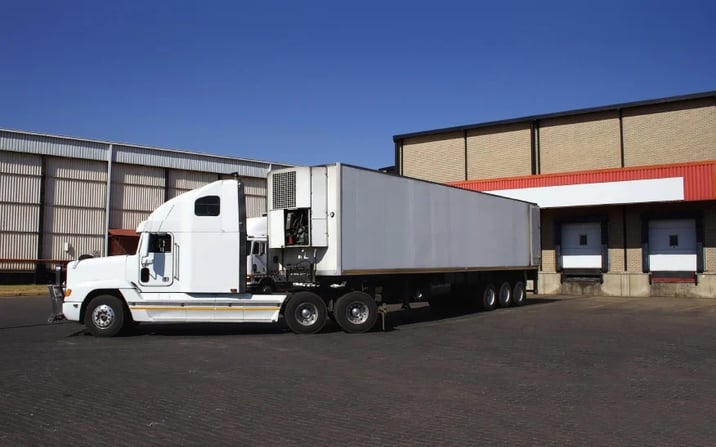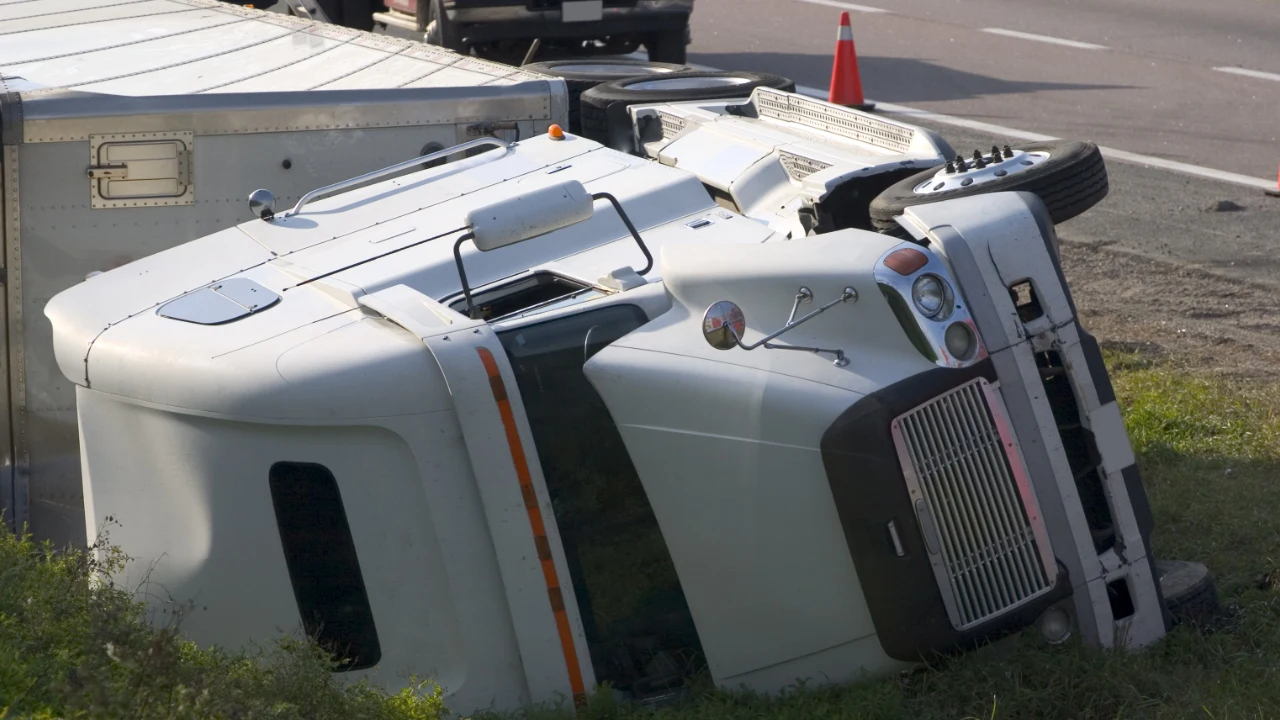Stay Cool. Best Practices for Refrigerated Cargo

Below are some tips of the trade when dealing with refrigerated cargo:
- Does the trailer need to be pre-chilled? A reefer unit only maintains temperature; it is not designed to lower the temperature. If you put refrigerated product in a reefer trailer with an ambient temperature of 90 degrees, you are going to have a problem.
- Record the temperature of the product on the shipping documents at time of receipt.
- Know the susceptibility of the product to temperature damage.
- Put into your rules tariff that the temperature recorder will be prima facie evidence whether or not the temperature has been maintained.
Refrigerated Vehicles Pre-loading Checklist
- Refrigeration unit operating properly?
- Thermostat calibrated?
- Refrigeration air chutes and ducts properly installed and in good repair?
- Door seals in good condition?
- Door seals tightly when closed?
- Walls free of cracks and holes?
- Front bulkhead installed?
- Floor drains open?
- Inside of vehicle clean and odor free?
- Floor grooves free of debris?
- Inside height, width, and length adequate for load?
- Load braces and other devices available to secure load?
- Is the vehicle trailer pre-cooled (or pre-warmed)?
Refrigerated Trailers
For optimum transport temperature management, refrigerated trailers need insulation, a high-capacity refrigeration unit and fan, and an air delivery duct.
The checklist (above) includes these and other desired features in a top-air delivery trailer.
For more information on temperature sensitive loads, contact a Great West Casualty Company safety representative.




